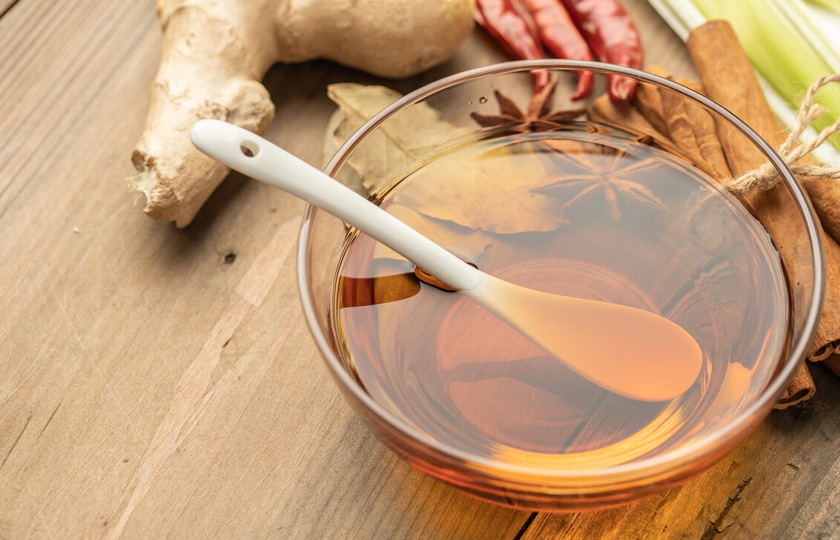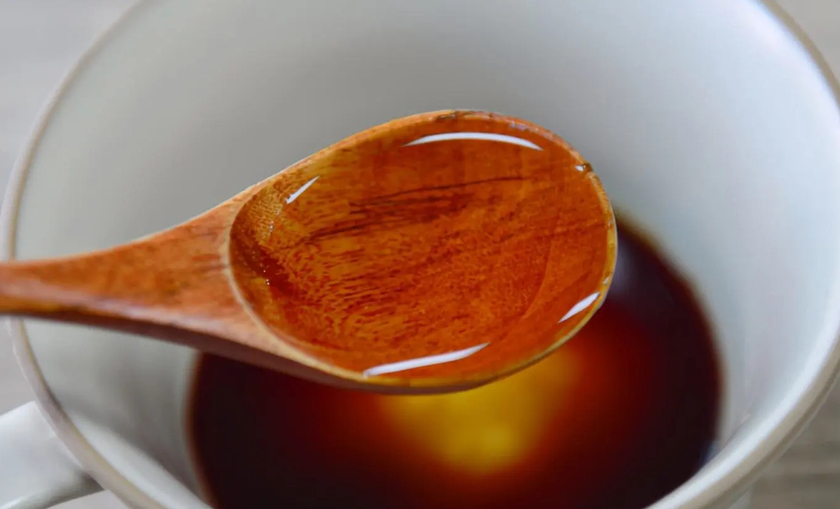Do I Need to Refrigerate Cooking Wine? The Science of Proper Storage

When I cook meat dishes, I basically need to use cooking wine to enhance freshness and remove strange odors. But many friends ask me whether cooking wine needs to be refrigerated.
What is cooking wine?
Cooking wine is a type of cooking alcohol made with yellow rice wine, rice wine, or edible alcohol as the base, and adding spices and seasonings. Its alcohol concentration is usually between 10% - 15% (much lower than drinking alcohol). Its main functions are to remove fishy smells, enhance aroma, and soften the meat texture.
It should be noted that cooking wine is not for direct drinking. Even if its main component is yellow rice wine, its formula has been adjusted according to cooking needs (for example, it has a relatively high salt content).
Does cooking wine need to be refrigerated?
Unopened cooking wine: There is no need to refrigerate it. Just store it in a cool and dark place (such as a cabinet).
Opened cooking wine: It is recommended to refrigerate it, especially cooking wine that contains sugar or spices in its ingredients (such as cooking wine with ginger and scallions). Low temperature can slow down oxidation and the growth of microorganisms.
Exceptional cases: If the kitchen temperature is consistently above 25°C or is humid, it is recommended to refrigerate cooking wine whether it is opened or not.
Can cooking wine be frozen?
Freezing cooking wine is not recommended! The reasons are as follows:
Ruining the flavor: Crystallization at low temperatures will cause the aromatic substances in the liquor to precipitate, and the aroma will fade after thawing.
Changing the texture: The freezing of water may cause the cooking wine to separate into layers, and the taste will become rough.
How long does cooking wine last once opened?
The marked shelf life of cooking wine is usually 12 - 18 months, but after opening, it needs to be re-evaluated:
Optimal flavor period:
6 - 12 months under refrigeration
Flavor decline period:
At room temperature, it starts to develop an acidic taste after 3 months, and more than half of the aroma is lost after 6 months
Risk warning period:
When mold spots, sour and rotten smells, or sediment appear, it must be discarded immediately
Three-step self-inspection method:
Visual inspection: Pour the cooking wine into a transparent glass. Normally, it should be an amber-colored transparent liquid. If the turbidity exceeds 30%, be vigilant;
Olfactory inspection: Normal cooking wine should have a mellow wine aroma and a faint caramel aroma. If there is a pungent acidic smell or a musty smell, it is not edible;
Taste inspection: Put a drop of cooking wine on the tip of the tongue. There should be a balanced sense of slight sweetness and slight bitterness. If it is only sour and astringent, it has gone bad.

Does cooking wine go bad in the fridge?
Even when refrigerated, opened cooking wine may still go bad, but the probability and speed will be greatly reduced. The factors that cause deterioration include:
Frequent opening and closing: Each use brings in air and bacteria.
Risk of contamination: Using a spoon that has touched raw meat to directly touch the bottle mouth.
Poor sealing: If the bottle cap is not tightened properly, the alcohol will volatilize, and the antibacterial ability will decline.
It is recommended to wrap the bottle mouth with plastic wrap when refrigerating and try to use clean tools to take out the wine.
Does Shaoxing cooking wine need to be refrigerated?
Shaoxing cooking wine is a high-quality product among cooking wines. It is made by special processing on the basis of Shaoxing yellow rice wine, with a rich aroma and mellow taste.
Unopened: It can be stored at room temperature and away from light for 2 - 3 years (pay attention to checking the expiration date).
After opening:
For short-term use (to be used up within 1 month): It can be stored at room temperature.
For long-term storage: Refrigeration can extend the storage time to 6 months, but the flavor will gradually weaken over time.
Due to its salt content and relatively high alcohol concentration, Shaoxing wine has better anti-corrosion ability than ordinary cooking wine.
Types of alcohol that need to be refrigerated
In addition to cooking wine, these alcohol products also need special care:
Must-be-refrigerated group:
Sweet fortified wines (Port wine, Sherry)
Fruity wines (such as Moscato)
Japanese cooking wines (mirin)
Flexible-treatment group:
Dry wines (refrigerate within 1 week after opening)
Bread wines (it is recommended to store them in the refrigerator with a tight seal)
Homemade infused wines (freeze them for long-term storage)
Room-temperature-storage group:
High-proof spirits (Whiskey, Vodka over 40 degrees don't need refrigeration)
Aged yellow rice wine (it can be stored for ten years if sealed)
Remember this simple rhyme: "Sweet wines must be cold, strong spirits not cold, open the bottle and into the fridge it goes."























